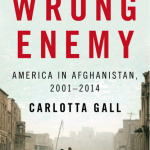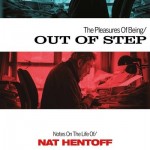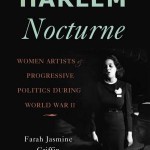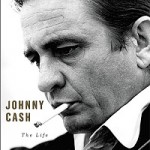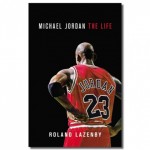
Youth, Subverted
There is some preaching to the choir, some inside jokes for people who know the significance of Heather having two mommies and that everyone poops (allusions to children’s book titles), but there is also a sense that the authors want to appeal to those who might have the wrong image of them as people who work in children’s literature.
